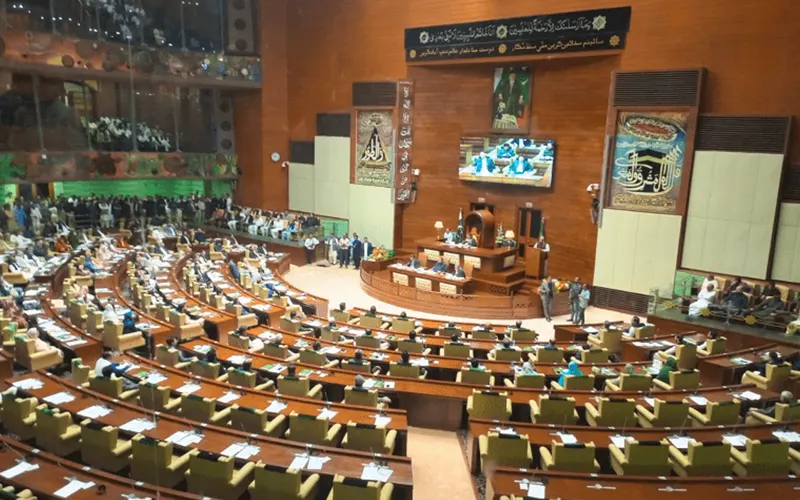Sindh Assembly rejects K-Electric resolution tabled by MQM-P’s Amir Siddiqui during Private Members’ Day, favoring government-backed motions instead.
Siddiqui’s resolution demanded the formation of a judicial commission to investigate alleged misconduct by the power utility company. However, Parliamentary Secretary Heer Soho opposed it, stating that a house committee already exists for this issue.
Soho noted the committee, chaired by Fayyaz Butt, has equal representation from government and opposition. Minister Mukesh Chawla also emphasized the committee’s authority, announcing a scheduled meeting the next day.
Fayyaz Butt also supported the stance, assuring that Siddiqui’s complaint would be reviewed. The house, siding with government members, voted down the resolution.
Earlier to this, K-Electric officials informed the National Assembly Standing Committee on Energy that Karachi will become load-shedding-free by 2030.
During the meeting, the Chief Distribution Officer of K-Electric (KE) stated that currently, 70 percent of Karachi’s feeders are exempt from load shedding.
He shared that K-Electric has successfully reduced power losses from 40 percent to 15 percent, and a comprehensive 2030 plan is in motion to eliminate load shedding across the metropolis.
In response to a question by MQM-P’s MNA Syed Aminul Haq about the preparations for upcoming rains, the KE official stated that monitoring cells have been activated and contingency plans are in place to maintain uninterrupted electricity during monsoon spells.
Secretary Power Division noted that the federal government had already increased Karachi’s electricity allocation from 900MW to 1600MW, and under the uniform tariff system, K-Electric receives consumer subsidies to stabilize supply and cost.











